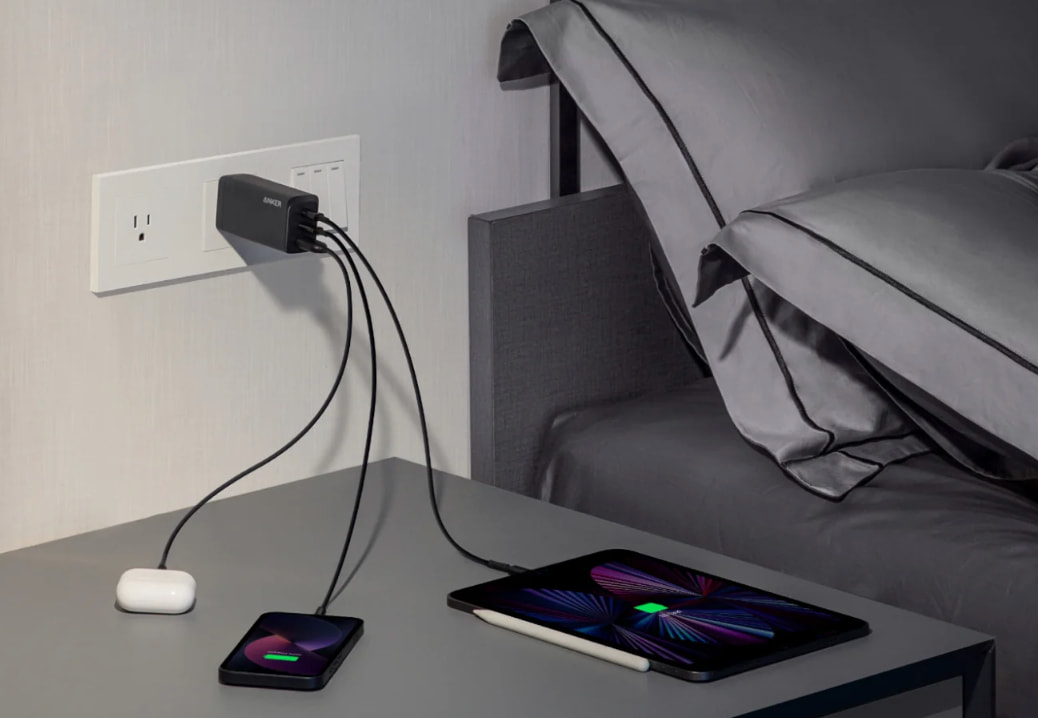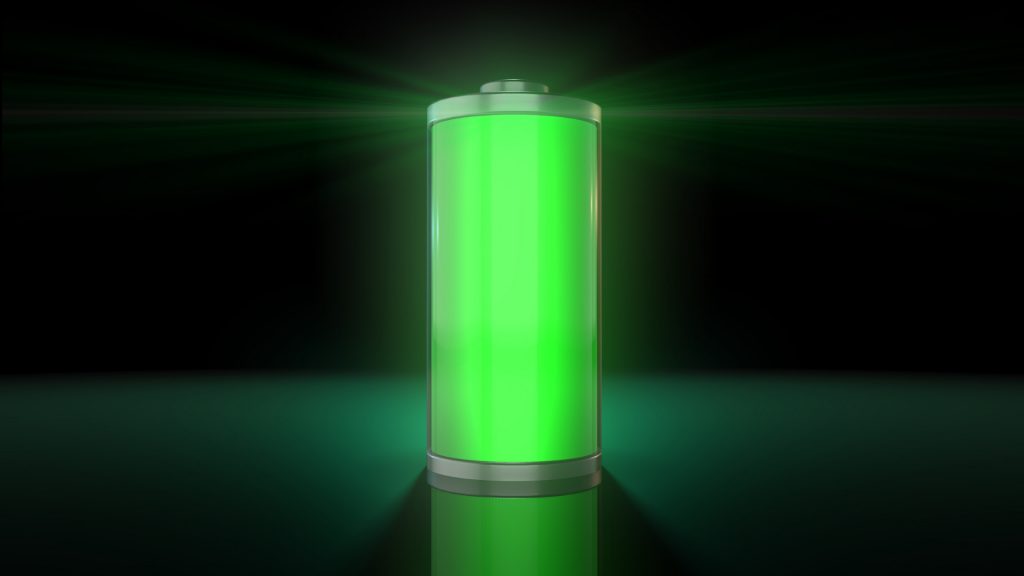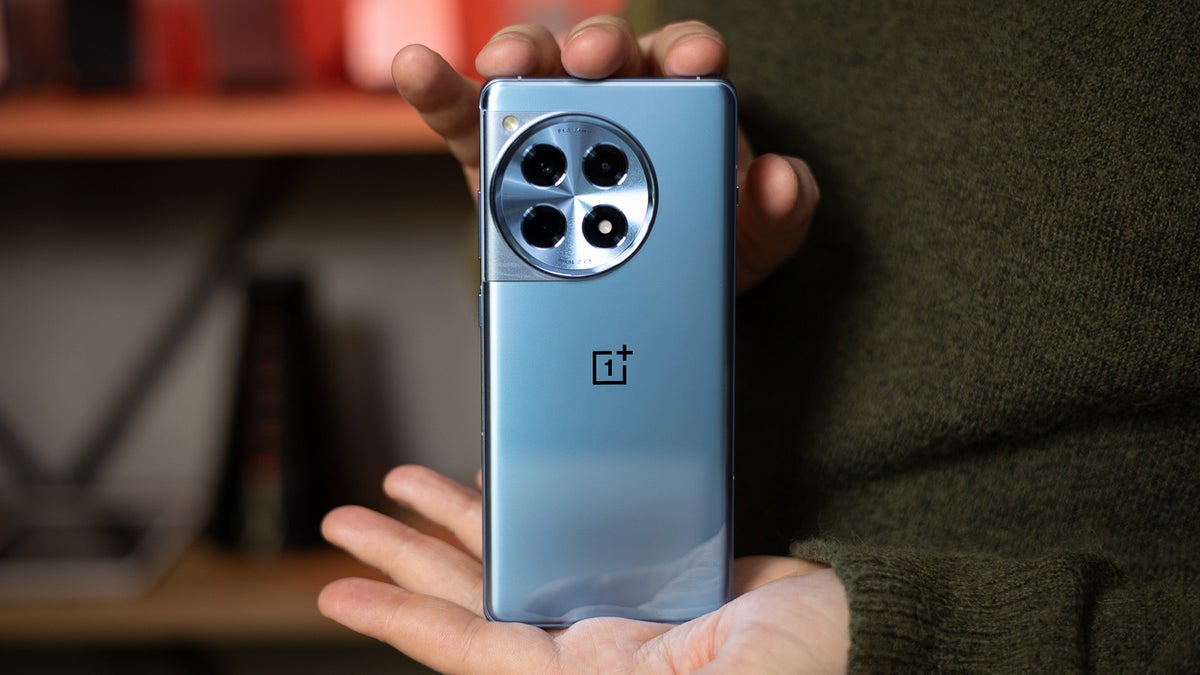Has your refrigerator been making strange popping sounds lately? There might be nothing to worry about, or there can be a serious problem also. Let’s find out what it is.
Here’ Why Refrigerators Make Popping Noise:
Usually, refrigerators make popping or humming sounds due to many harmful reasons such as a regular thermal contraction-relaxation cycle of the material of the fridge or vibration of loosely packed mechanical components. But, sometimes, these noises can be due to some serious reasons such as electrical malfunction, failing parts, fan blade issues, etc.
In this article, we’ve explained all the reasons why your refrigerator is making a loud popping sound, constant humming noise, or vibrating its surface violently. Read on to know how to minimize refrigerator noise & detect if anything serious requires your attention.

Why My Refrigerator Makes Popping Sound Continuously?
Refrigerators of any brand, type, or age will make some kind of noise, be it normal or abnormal. After all, it is running lots of functions inside. Here, the popping noises of your refrigerator may be a usual one.
But, why these popping noises! There are multiple reasons that the popping sound is happening continuously.
Even the most expensive refrigerator makes some sort of popping, humming, thudding or hissing noise once in a while. Most of these refrigerator noises are linked to one of these causes (of course, not all are harmless, but some are):
1. Thermal Expansion & consequent Thermal Contraction
Thermal expansion is one of the top popping noises in the refrigerator.
A refrigerator is a cooling appliance, and thus it varies its temperature every once in a while, at specific points in its cyclic mechanism. These regular temperature changes are also reflected in the plastic that forms the inside of the refrigerator; thus, a popping sound can result from plastic expanding and contracting with temperature changes in a cycle.
So, as the cycle turns on and off to defrost the evaporator coil, internal materials expand and contract. When these materials get warmer or cooler, the expanse, causing an unusual pop sound.
2. Vibrational Motion
The popping sound could also be the result of vibrations that are produced during the working cycle of the refrigerator:
- The pulse of loose mechanical components when the compressor motor drives at full power.
- The engine can also cause the shelves inside the fridge to hit back and forth to the walls and cause regular sounds.
- In case the refrigerator floor is uneven, then the entire unit can cause a popping sound due to the vibrations.
- Sometimes, if there are loose objects on top of the unit, it can also create popping noise as the unit vibrates.
Vibrations are usual and are often the most common cause of popping sounds that continue incessantly.
3. Evaporator Coil
Are you noticing popping sounds specifically after defrosting cycle? It may be because the evaporator coil is getting cold once more.
What if the defrost timer malfunctions and stucks in the cooling cycle? It will lead to continuous popping as the coil starts to get colder.
4. Defrost Failure
A refrigerator is a complex machinery, and the cooling mechanism sometimes malfunctions. Another cause for the continuous popping sound could be a glitch or fault in the defrost timer, making it stick in the defrost cycle, causing the evaporator coil to cool continuously and lead to popping sounds.
5. Water Valve Glitch
There’s a water inlet valve on every refrigerator back. The water inlet valve has the job to allow water inside the icing mechanism and also drive the water out to the dispenser. Many times, the valve opens up to pour water into the water dispenser system or ice maker. At that time, you may find here a popping sound. The popping sounds could be the result of one of the two reasons:
- A popping sound is usually caused by water entering or leaving the system through the valve; this goes on routinely, and it is pretty standard.
- If the sound is continuous rather than routine, it is a cause of concern as the water channel may have been blocked or interrupted by some foreign material.
It usually happens from time to time. In case the popping is continuous, you must check whether the water supply is interrupted. If there’s no water coming out through the valve, the popping sound can happen over and over.
6. Mechanical Failure
There are lots of serious mechanical failures that can happen inside your refrigerator that can cause popping or thudding sounds. Some of them are –
- Fans blade being jammed or hitting corners
- Internal Electric leakage
- Motor shaft misalignment inside one of the fridge motors
Why My Refrigerator Makes Loud Popping Sound?
Almost all normal operations of your refrigerator will cause a few funny sounds or noises. As refrigerators keep things cold, they have components and parts that expand or contract because of temperature changes.
When the defrost heater goes on and off after every cycle, it makes a popping or other sounds. So, we may sometimes hear noises from the refrigerator. These are normal sounds, and they cause no concern unless it’s varying and feels way stranger.
However, you must pay attention to whether the refrigerator is making irregular intervals. If you find them too disturbing, you better call a specialist to run an investigation to stir away from the suspense.
Other Types of Refrigerator Noises
Static sounds can be a result of the coils not operating optimally. This could happen when they are covered in dust, this will stimulate them to work at a greater power than usual in the cooling cycle. The overworking could result in constant static sounds. Such issues need cleaning of the refrigerator coils and might need a call to customer service.
The humming sound is the most common in refrigerators and can arise due to various reasons. It could be the routine working of the compressor and the motor that yields slow humming sounds, or the sound could also be the result of water getting filled in the icing mechanism. These noises are normal and nothing to worry about in such cases.
Refrigerators make different types of sounds for different reasons. So, there are more sounds you should be aware of to keep you away from unnecessary worries:
- Gurgling: Mostly, we hear the gurgling noise when we close the door. The sound occurs because of the water present in the trap area of the drain tube. As long as the sound doesn’t persist for more than a few seconds, there’s no reason to feel worried.
- Clicking Or Ticking: The defrost timer can make the clicking or ticking sound when the switch turns on and off.
Sometimes, when the temperature control goes through the routine process of turning on and off, the clicking sound becomes prominent. A third cause is when the compressor attempts to restart itself after a power outage.
- Humming Or Crashing: Icemaker filling filled with water does the humming sound for producing ice. The crashing noise comes from the ice cubes that are getting dumped from the ice tray to the underneath bucket.
- Hissing: Does your refrigerator have a self-defrosting feature? If yes, then your refrigerator can make the sound when defrost heater meets with the dripping cold water.
- Barking Or Chirping: Barking and chirping are common noises that come from refrigerators. The noise starts when we open or close the damper door. In case your refrigerator is new, then you may also hear a squeaking sound.
- Buzzing: There can be two particular reasons for your refrigerator to make a buzzing noise. It can occur while after 7 seconds of getting water from the water dispenser of the refrigerator. Secondly, the buzzing happens when the ice maker is filled with water.
But you definitely have some issues to solve if you hear the buzzing every 15-20 minutes. It’s an easy fix, and you just have to ensure that the water is properly connected to the ice maker.
- Banging: A banging sound is sure to give us a chill. But most times, it happens because of a harmless cause. When the home’s water pressure is high and it’s traveling to the refrigerator, it may cause a “banging” sound.
- Snapping: The snapping noise appears four seconds after you remove a glass from the water dispenser. So, it’s a sound that the dispenser chute does while closing.
- Cracking: If the refrigerator plug or wire is faulty, you may hear the cracking sound. It is something you should be concerned off. It can cause severe damage.
These sounds are natural to come out of your refrigerator. And there’s no reason to feel worried about it.
How to Reduce Refrigerator Noises?
The refrigerator noises can be minimized to the extent that you will notice them only if you need catching. There can be various simple ways to do so.
- Make the compressor of your refrigerator quieter
- Clean the compressor and fans regularly
- Consider changing the place of your refrigerator
- You can install an intake silencer
- Soundproof the refrigerator from inside
- Use the vibration pads under your refrigerator
- Leveling the surface beneath the legs could be an effective measure to reduce maximum vibrations.
- The fridge is placed on a mat will have a considerable noise reduction.
- Building a wooden enclosure around the fridge will reduce almost all kinds of noise from all sorts of sources.
- The vibrations that exist in the insides of the refrigerator can be dampened by layering sound-proofing materials inside.
- Regular compressor cleaning and wiping the dust off the fan can lead to resistance-free working and consequently reduced noises.
When you reduce refrigerator noises, it will make a difference to your everyday life. Even though refrigerators don’t make loud sounds, constant noise can still disrupt our peace and sleep.
You must understand that not all sounds are signals for problems in your refrigerator. But there are few times when the refrigerator makes a sound that requires thorough investigation.
When to Start Worrying About Refrigerator Sounds?
The refrigerator sounds can be problematic or natural, the difference is lovely, but the costs of misunderstanding the contrast is high. Some issues can be troubleshot at home, and for the rest, technical assistance is needed.
1. Interference to Fan Blades
If the sounds the fridge makes are somewhat of the knocking or recurring tapping noises, then it could either be the condenser fan or the evaporator fan whose blades are getting interrupted in motion.
- The rear panel in case of a condenser fan can be removed and watched for the hindrances in the blade’s cycle, if any.
- Next, the cover of the evaporator fan from the inside of the fridge can be removed, and an inspection of the fan similar to the former can be done.
2. Compressor Fault
The humming sounds, as stated earlier, are generally expected, but if they are loud enough, then it could be a cause of concern. In this case, the issue will need technical assistance.
Here’s the guide to understand when you have to call for professional assistance and when self troubleshooting is possible:
- Are the sounds persistent for more than a few seconds?
- Do you hear something different than the above-mentioned sounds?
- Does your refrigerator is emitting a buzzing sound for 15-20 minutes continuously?
- Is there a gurgling noise coming from your refrigerator for more than a few seconds?
If you are not sure whether the sounds from your refrigerator specify a major problem or not, call for professional assistance. As they possess years of experience working on various refrigerator brands, they will be able to differentiate between harmful and normal noises.
Conclusion:
The refrigerator has a mechanized cooling cycle, and thus minor faults and glitches are normal and need not be paid heed to. However, when the sounds erupting from the fridge seem slightly worse than usual, there might be certain hindrances in the cooling air icing cycle’s path.
More often than not, refrigerator customers are themselves able to troubleshoot the issue and minimize or totally avoid refrigerator popping/humming sound but, in those cases, when whatever you do, nothing is making any difference, it’s important to seek professional help from refrigerator repair mechanic near your area.








